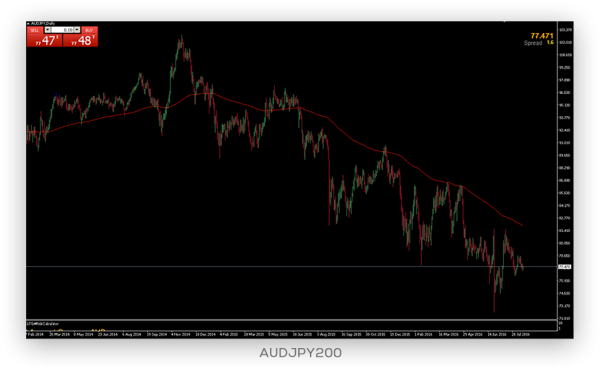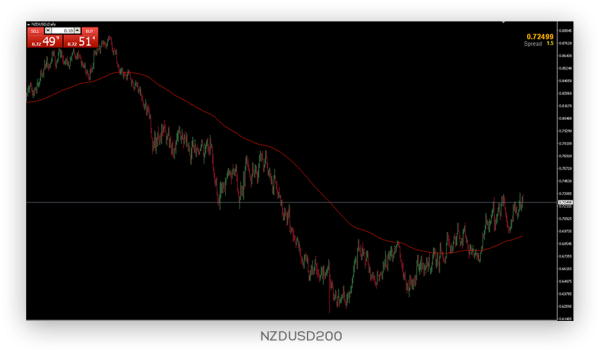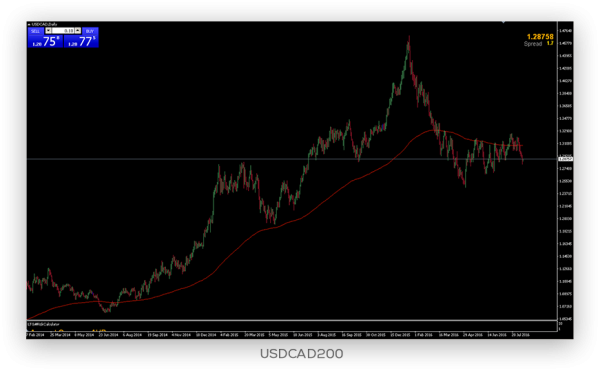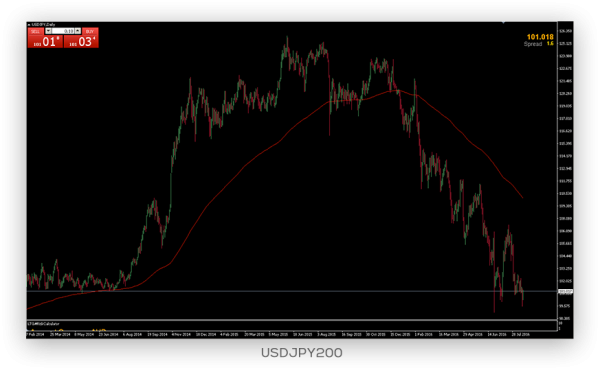- Trading
- Trading
- Markets
- Markets
- Products
- Forex
- Commodities
- Metals
- Indices
- Shares
- Cryptocurrencies
- Treasuries
- ETFs
- Accounts
- Accounts
- Compare our accounts
- Our spreads
- Funding & withdrawals
- Open account
- Try free demo
- Platforms & tools
- Platforms & tools
- Platforms
- Platforms
- Platforms overview
- TradingView
- MetaTrader 4
- MetaTrader 5
- Mobile trading platforms
- Premium trading tools
- Premium trading tools
- Tools overview
- VPS
- Genesis
- Education
- Education
- Resources
- Resources
- News & analysis
- Education hub
- Economic calendar
- Earnings announcements
- Help & support
- Help & support
- About
- About
- About GO Markets.
- Our awards
- Sponsorships
- Client support
- Client support
- Contact us
- FAQs
- Quick support
- Holiday trading hours
- Maintenance schedule
- Fraud and scam awareness
- Legal documents
- Trading
- Trading
- Markets
- Markets
- Products
- Forex
- Commodities
- Metals
- Indices
- Shares
- Cryptocurrencies
- Treasuries
- ETFs
- Accounts
- Accounts
- Compare our accounts
- Our spreads
- Funding & withdrawals
- Open account
- Try free demo
- Platforms & tools
- Platforms & tools
- Platforms
- Platforms
- Platforms overview
- TradingView
- MetaTrader 4
- MetaTrader 5
- Mobile trading platforms
- Premium trading tools
- Premium trading tools
- Tools overview
- VPS
- Genesis
- Education
- Education
- Resources
- Resources
- News & analysis
- Education hub
- Economic calendar
- Earnings announcements
- Help & support
- Help & support
- About
- About
- About GO Markets.
- Our awards
- Sponsorships
- Client support
- Client support
- Contact us
- FAQs
- Quick support
- Holiday trading hours
- Maintenance schedule
- Fraud and scam awareness
- Legal documents
- Home
- News & Analysis
- Trading Strategies, Psychology
- The 200-Day Moving Average
News & AnalysisOne of the worlds most profitable Hedge Fund Managers Paul Tudor Jones called it in Tony Robbins Money Master Book “my #1 Trading indicator ” and some of my colleagues in institutions and banks have referred to it as a key barometer for where substantial money flow often occurs. I am referring to the 200-Day Moving Average on a Daily chart and as the charts will demonstrate below the 200 MA (moving average) not only has the potential to reverse a currency market but can also be a general guide to where the overall trend is.
So how can you use the 200 MA to potentially improve your strike rate in the currency markets? It is generally viewed by most professional traders that if price is above the 200 MA they will not attempt to short a currency and will generally only look to use their trading system to buy into the market they are trading. The opposite when price is below the 200 MA, they will generally look to only short the currency pair they are trading.
Trading systems that appear to have an edge on a higher time frame such as a 4-hour or daily chart can potentially be enhanced by applying this rule of thumb.
Following are 4 charts showing the 200 MA on a Daily Chart. If you’d like to apply a 200 MA to your MT4 platform simply go to the Menu at the top of the page, click on Insert, then click on indicators and then trend. You will see Moving Average listed there for you to click on and load. Make sure you input 200 into the Period box under Parameters.

Andrew Barnett | Director / Senior Currency Analyst Andrew Barnett is a regular Sky News Money Channel Guest and one Australia’s most awarded and respected financial experts, and is regularly contacted by the Australian Media for the latest on what is happening with the Australian Dollar.
Connect with Andrew: Email
Ready to start trading?
Disclaimer: Articles are from GO Markets analysts and contributors and are based on their independent analysis or personal experiences. Views, opinions or trading styles expressed are their own, and should not be taken as either representative of or shared by GO Markets. Advice, if any, is of a ‘general’ nature and not based on your personal objectives, financial situation or needs. Consider how appropriate the advice, if any, is to your objectives, financial situation and needs, before acting on the advice.
Next Article
Why is the Swiss Franc a safe haven currency?
The Swiss Franc for close to 100 years has acted as a safe haven currency in times of market uncertainty but many traders and investors have no idea why. So here is the answer. Switzerland is traditionally seen as a neutral country when it comes to global conflict. In fact the Catholic Church has for centuries entrusted Swiss National Guards to loo...
August 23, 2016Read More >Previous Article
NAB tips two more RBA rate cuts
Upcoming News » 6:30pm Manufacturing Production – GBP Overnight we saw small drops on the DOW and S&P500, Gold settled around its lows still f...
August 9, 2016Read More >Please share your location to continue.
Check our help guide for more info.






